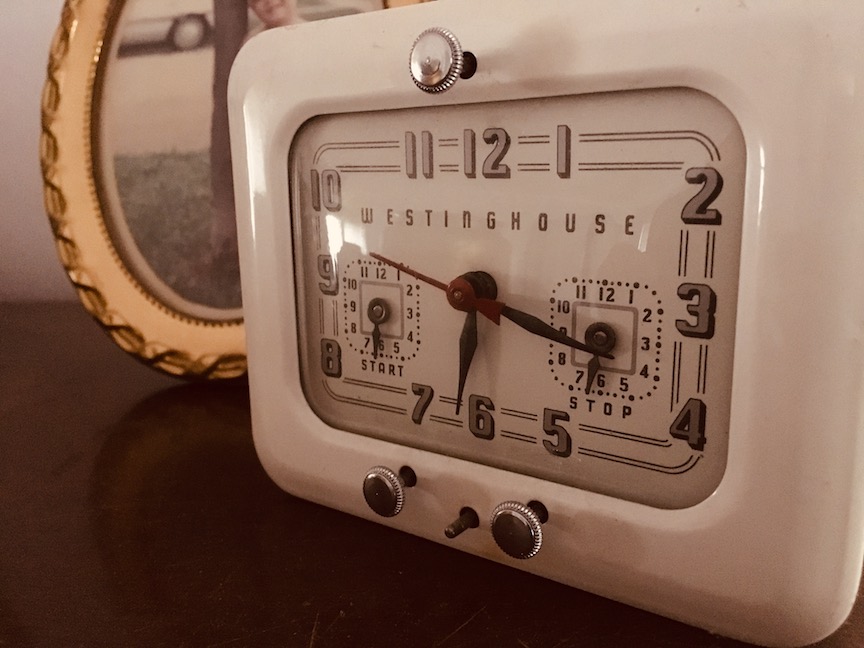
This past week in our class exploration of Trust, we come to the second of the seven attributes of trust defined by Brené Brown in her book, “Rising Strong”. It is the“R” in the “BRAVING” acronym; Reliability.
It’s super simple to see the relationship between reliability and trust. If someone does what they say they will do, trust naturally builds. If we are able to consistently honor our own priorities and ethics in our actions, we develop trust in ourselves.
Brené shares a couple of important items in developing trust through reliability. The first is in that key word “consistently”. Reliability is not doing what you say you will do one time. It is doing what we say we will do over and over and over.
A second important point in creating trust through reliability is understanding that reliability is built not only during big, dramatic events, but almost more through the many small opportunities we have. Showing reliability in simple daily moments are strong ways to build trust. At work, showing up on time each day builds a huge amount of trust. Making plans with a friend, and following through consistently builds trust. Remembering the important issues in a friend’s life and asking about them builds trust.
How does this relate to yoga? The first important characteristic of reliability, consistency, can be built simply by us showing up on our mat, over and over. Building consistency is like strengthening a muscle; each repetition increases our strength a little more. The payoffs of being consistent in our practice reach further than better flexibility, muscle tone, and stress management. Each individual practice combines with the previous practice to demonstrate to ourselves that we have what it takes to be reliable in honoring our own priorities in life.
Secondly, the yoga practice of Satya, or Truthfulness is relevant. Because reliability is built through keeping one’s word, it is important for us to be truthful about two things. The first is in regards to how we build our trust in others. If we feel someone is not reliable in a way that is important to us, we need to be honest with them about how their lack of reliability affects us. If, for example, they often promise to meet up with us, but regularly change plans last minute, it may be obvious to us that this erodes trust. However, in our world today, where busyness is seen as a virtue, it may not be as apparent to them. Being honest with both ourselves and them about how their last minute changes affects our trust in them is a great way to practice Satya and give others the opportunity to build their reliability muscle. Remember, trust shifts and changes; yes, it can be broken in a moment. But, it can also be built.
Secondly, we need to be truthful with ourselves when making commitments to ourselves or others. Not making a promise until we check our calendar, or clear other plans, or even check in and honestly assess if the promise we are making is one that we truly wish to make, is important. If the promise falls very low on our list of personal priorities, there is a great chance we will look for the first opportunity to cancel out. And even though we may accept an invitation with honest enthusiasm, when we need to call later to cancel due to another forgotten commitment, trust is eroded.
In class we practiced many of the reliable asanas this week, such as Warrior poses and Sun Salutations. But, as we rolled up our mats to head out into life, hopefully we will practice Satya, examining our own truth, when making commitments. We have a wonderful opportunity to model reliability out in the world, the “R” of building Trust.
Love this in-depth reflection. The practice of loving deeply must be met with mutuality when it comes to these attributes. The fact that we hope for more than one is capable of expressing leads to disappointment, hence the erosion of trust and reliability. I have come to lean on the reliability of a loved one’s strengths to keep the focus on the good, and adjust the energy I put into the attributes that are not as consistent.
I’m loving this whole “unit” we are doing in class. Trust is such an issue, such a practice, and I’m finding that exploring it from so many angles is fascinating!!
Make a more new posts please 🙂
___
Sanny